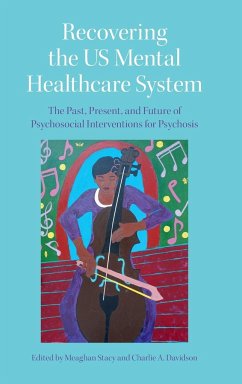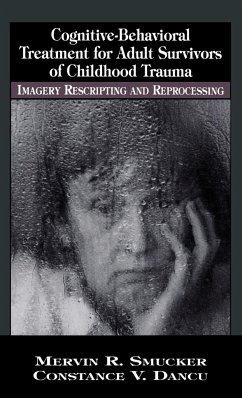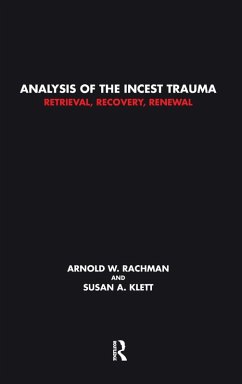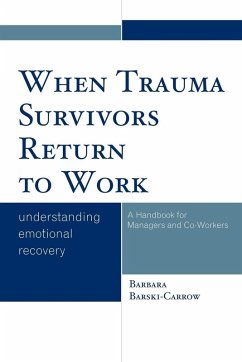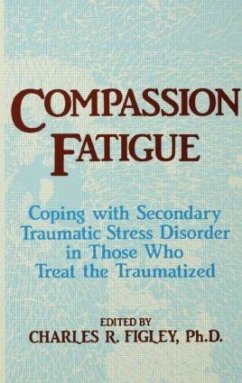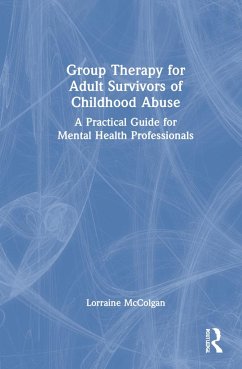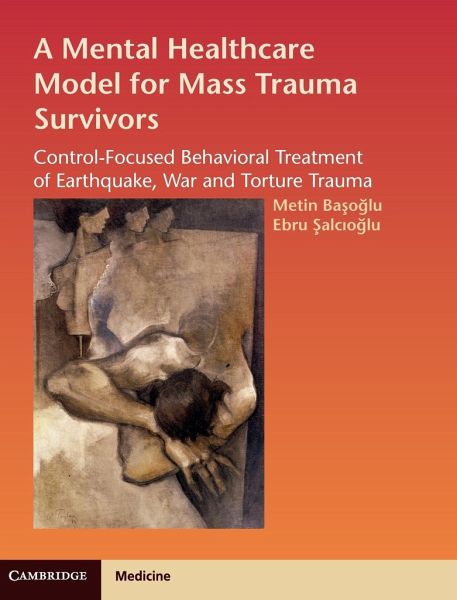
A Mental Healthcare Model for Mass Trauma Survivors
Versandkostenfrei!
Versandfertig in 1-2 Wochen
88,99 €
inkl. MwSt.
Weitere Ausgaben:

PAYBACK Punkte
44 °P sammeln!
Mass trauma events, such as natural disasters, war and torture, affect millions of people every year. Currently, there is no mental health care model with the potential to address the psychological needs of survivors in a cost-effective way. This book presents such a model, along with guidance on its implementation, making it invaluable for both policy-makers and mental health professionals. Building on more than twenty years of extensive research with mass trauma survivors, the authors present a model of traumatic stress to aid understanding of mass trauma and how its psychological impact can...
Mass trauma events, such as natural disasters, war and torture, affect millions of people every year. Currently, there is no mental health care model with the potential to address the psychological needs of survivors in a cost-effective way. This book presents such a model, along with guidance on its implementation, making it invaluable for both policy-makers and mental health professionals. Building on more than twenty years of extensive research with mass trauma survivors, the authors present a model of traumatic stress to aid understanding of mass trauma and how its psychological impact can be overcome with control-focused behavioral treatment. This text offers a critical review of various controversial issues in the field of psychological trauma in light of recent research findings. Including two structured manuals on earthquake trauma, covering treatment delivery and self-help, the book will be of use to survivors themselves as well as care providers.





